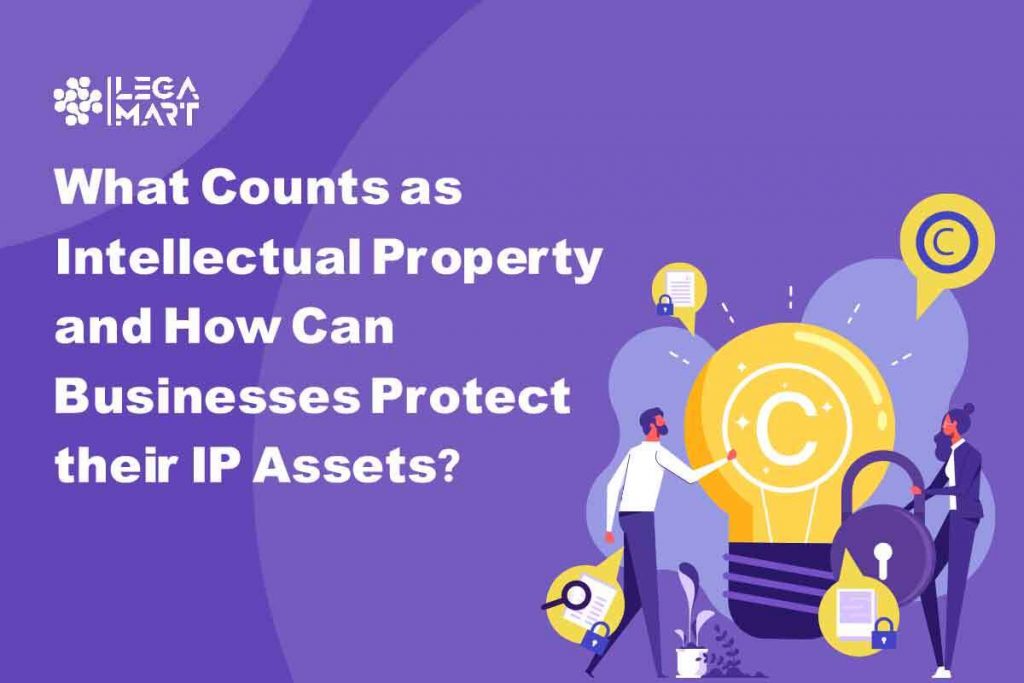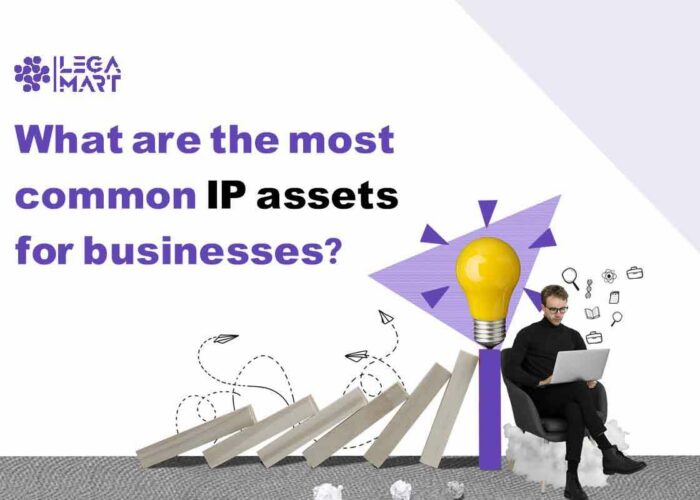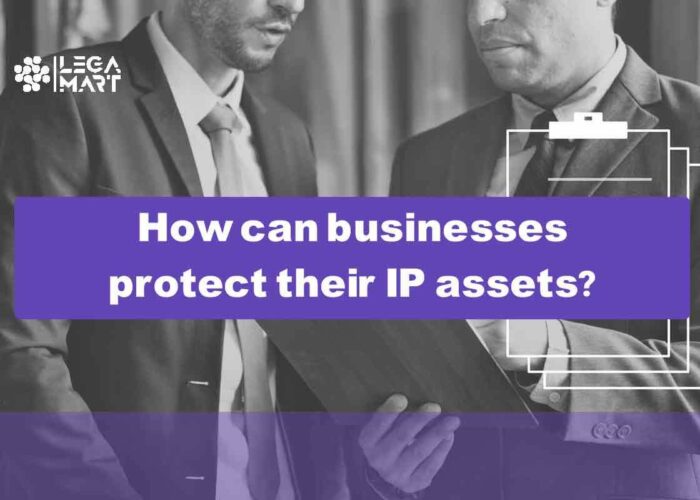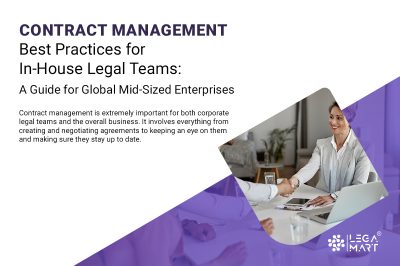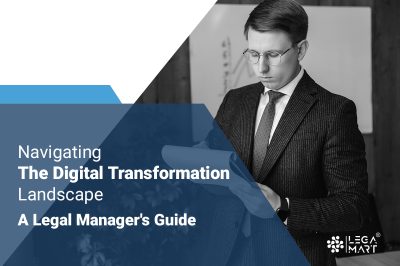Intellectual property (IP) assets are among the most valuable that many businesses own. IP might help to establish a company’s relationship with its customers, build trust in a product or service and help an organisation to stand out from its competitors – after all, the most common pieces of IP include company and product names, logos and even innovative ideas. These types of IP can usually be protected by trademarks and patents, which require registration, but some businesses fail to secure their assets and leave them vulnerable to infringement. Registering Trademark or Patent on an international scale can also be advantageous to the business, this can be done through the Madrid Protocol or the PCT respectively.
Even businesses that understand this requirement can lose out on the value of their registered assets by failing to actively protect them or, in some cases, miss out on vital (and valuable) IP protections altogether. Beyond brand assets, many people are unaware of other types of intellectual property – customer databases, text from a company website and certain product designs all qualify for protection. It is important for businesses to recognise the value of these assets and work to secure them.
Despite this, people are often unaware of the types of assets considered intellectual property, the types of protection from which they can benefit, and the importance of guarding IP against infringement by competitors. A deeper grasp of even the most familiar ideas – like trademarks, copyright and patents – can help organisations avoid the financial losses and damage to their reputations that can otherwise result when they fail to protect their intellectual property properly. Here, the expert intellectual property team at JMW Solicitors explains what businesses need to know about their IP and how they can enjoy the full protection of the law.
What are the most common IP assets for businesses?
The most visible (and often most valuable) intellectual property assets that businesses need to protect are their brand elements. In most cases, these elements will be eligible for registration as trademarks, and this is a vital step in protecting your rights and preventing imitation or infringement by a competitor.
Assets that can be registered as trademarks include:
- Business names
- Product names
- Slogans or taglines
- Logos and related designs
- Jingles and sound effects
- Packaging designs
The only requirements are that they must be original and distinct – you cannot register an asset already owned by someone else in the same category or similar to an existing trade mark. You also cannot register any assets that are too generic – phrases such as “We’re number one!” are ineligible for protection, for example. When designing brand elements or products, it is useful to work with an intellectual property solicitor who can advise you and provide searching and clearing services to ensure that the elements you want to protect are not already owned by someone else.
Inventions (or improvements on existing products) must be registered as patents if you want to guard them against infringement. This prevents competitors from using your idea to develop their own product and ensures you can continue to enjoy the maximum value of an asset you have created.
Copyright is the third type of protection that often applies to business assets and most commonly covers written works for businesses outside the audiovisual and media industries. Original written content on your website or in product brochures, databases you have created, and other similar works benefit from copyright protection automatically. This is the only type of protection that applies across borders.
If you run a business and are unaware of the types of intellectual property you have, the protections that apply and the steps you need to take to exploit the maximum value from your assets, it is important to speak to an expert intellectual property solicitor. They can help you to identify key assets and register for protection. In some cases, they may also provide monitoring services, through which they can identify trade mark registrations that risk infringing on your own IP and help you to respond.
How can businesses protect their IP assets?
As we have said, the simplest way to protect intellectual property assets is to register for the relevant type of protection. However, this is only the first step towards fully securing your IP. Monitoring for infringement – including using the monitoring services we have outlined above – is key to ensuring your IP remains secure. If competitors develop similar products to yours or imitate aspects of your brand identity, there is a risk that customers will be confused and that your organisation’s reputation will be damaged.
If you see a business take action that you believe infringes on your IP, contact a solicitor before you respond. It is vital that any communications between you and the infringing party are managed by an expert to ensure that the process delivers the best possible outcome for your business.
If your business is moving to a market outside your home country, it is also important to know that protections like trademarks and patents are jurisdictional. This means that they only apply in the country or region in which they are registered, according to the specifics of local IP laws. Therefore, you must register your IP assets in each new country you wish to trade in to benefit from the maximum protection for your property.
It would be best if you do this at the earliest opportunity when planning to expand – otherwise, there is a risk that businesses in your target markets will attempt to register trademarks for your brand assets before you are able to. If your business does not have a reputation in the target market and is not well-known, the trademarks may be granted, and you will be faced with a difficult choice – purchase the trademark, rebrand your business in the new territory, or consider legal action.
To conclude!
Ultimately, it is important that once your assets are protected by trademarks, copyright or patents, you monitor for infringement and are swift to take action. In this way, you can protect your IP and enjoy its full value on an ongoing basis.
